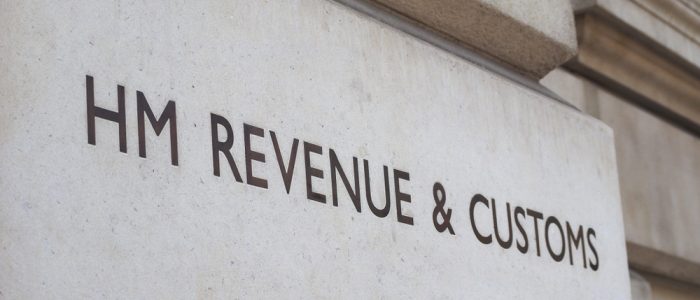This is an extract from the Adviser’s Guide to Business Relief, Second Edition. For the full guide, click here
When it comes to land-based businesses and BR, HMRC makes good use of s.105(3) of the Inheritance Tax Act 1984. This denies BR to businesses that ‘consist wholly or mainly of dealing in securities, stocks or shares, land or buildings or making or holding investments’.
GRAHAM V HMRC, 2018
In a departure from recent cases regarding holiday lets, this First-tier Tax Tribunal (FTT) case involved a successful application for BR on a holiday complex business on the Isles of Scilly. HMRC’s usual position is that most people own holiday lets as investments in the underlying land, rather than as incomegenerating businesses like hotels, or bed and breakfast accommodation, although case law has established that there is a wide spectrum.
At one end is land used as an investment which won’t qualify for BR (e.g. granting a tenancy) and at the other end is land used for a wider noninvestment business which can qualify for BR (e.g. a hotel or shop). The second report of the OTS’ IHT review questions this treatment (see page 10).
In the Graham case, the business ran holiday lets of four self-contained flats, together with a couple of guest bedrooms, and, critically, there was a long list of additional services that went well beyond those provided in a simple property let. They included a swimming pool, sauna, BBQ, games area, a laundry, a golf buggy available for hire, a welcome pack, an exceptional garden, and extensive help and guidance from the owners to assist people through their stays.
Because of the exceptionally high level of services offered, the judge concluded that the additional services predominated over the basic letting activity and, as a result, concluded that the business fell just on the right side of the line to qualify as trading for BR.
While this case may be instructive, claims for BR on land-based businesses are still likely to
be challenged by HMRC until clearer precedents are set by higher tribunals or courts. That is why the outcome of HMRC’s appeal in the Vigne case, which followed the Graham case, is of great interest.
HMRC V VIGNE
In the first edition of this guide we discussed the First Tier Tax (FTT) Tribunal Judgment in the case of The Estate of Maureen W. Vigne (deceased) v. HMRC (TC06068). HMRC had contested the availability of BR to a DIY livery service.
Mrs Vigne’s executors successfully argued that the additional valuable services provided (sourcing and administering worming products when required; provision of hay in winter; removal of manure; daily checks on horses; and the employment of a yard manager) was sufficient for the business to be categorised as one carrying out trading activities. Predictably, HMRC appealed the Vigne decision with the Upper Tribunal. The judgment was published in October 2018 and was again in favour of the taxpayer.
The judge made the point that a combination of features of varying importance impact this
issue, and that there is some subjectivity involved. He also deferred to the expertise of the FTT judge in these matters, leaving only points of law open to consideration by the Upper Tribunal.
HMRC claimed that the FTT had not followed previous case law, including Pawson, in its decision. Pawson dealt with a managed holiday let business and the FTT took the view that some of the assumptions made in that judgment were not appropriate for a livery business of the type under consideration in this appeal, which it considered to be fundamentally different.
The Upper Tribunal judgment states that HMRC’s, “arguments appeared to be based on a submission that any business involving exploitation of land should, as a matter of law, be assumed to be wholly or mainly a business of investment unless the taxpayer could establish otherwise. This clearly overstates the position.”
The Upper Tribunal held that the FTT was entitled to reach its decision, on the basis of the evidence, having made a multi-factorial assessment of whether the business consisted wholly or mainly of making or holding investments and looking at the business in the round.
Nevertheless, in dismissing HMRC’s appeal, the Upper Tribunal judge made it clear that this is certainly a grey area, but that the Upper Tribunal appeal was simply to determine whether the FTT’s judgment was sufficiently defensible in law: “There is no clear bright line between businesses which qualify for the relief and those that do not. We are satisfied that the FTT applied the correct legal test and that the conclusion it reached was one which it was entitled to reach on the basis of the evidence before it. It is irrelevant whether we, or another panel of the FTT, might have reached a different conclusion.”
That said, this judgment which references the inclusion of evidence as to the subjective intention of the landowner and confirms that there is no presumption that the holding of land is an investment, is likely to be helpful in future cases that lack the clear bright line mentioned by the judge.
For a free download of the full Adviser’s Guide to Business Relief, Second Edition, click here
